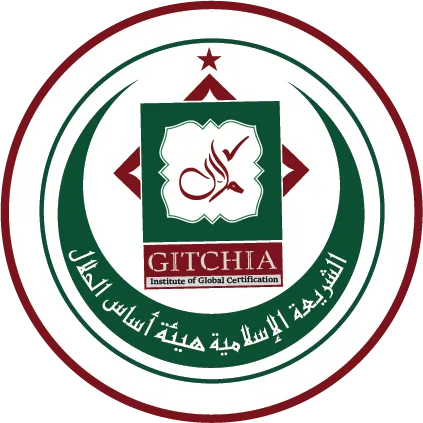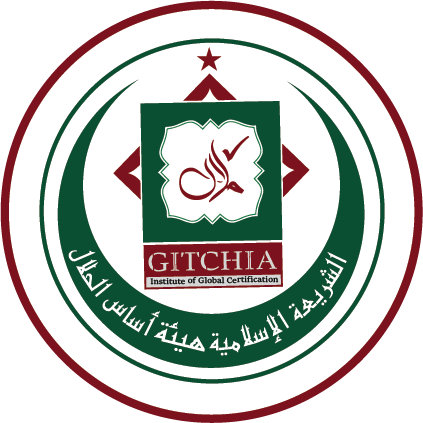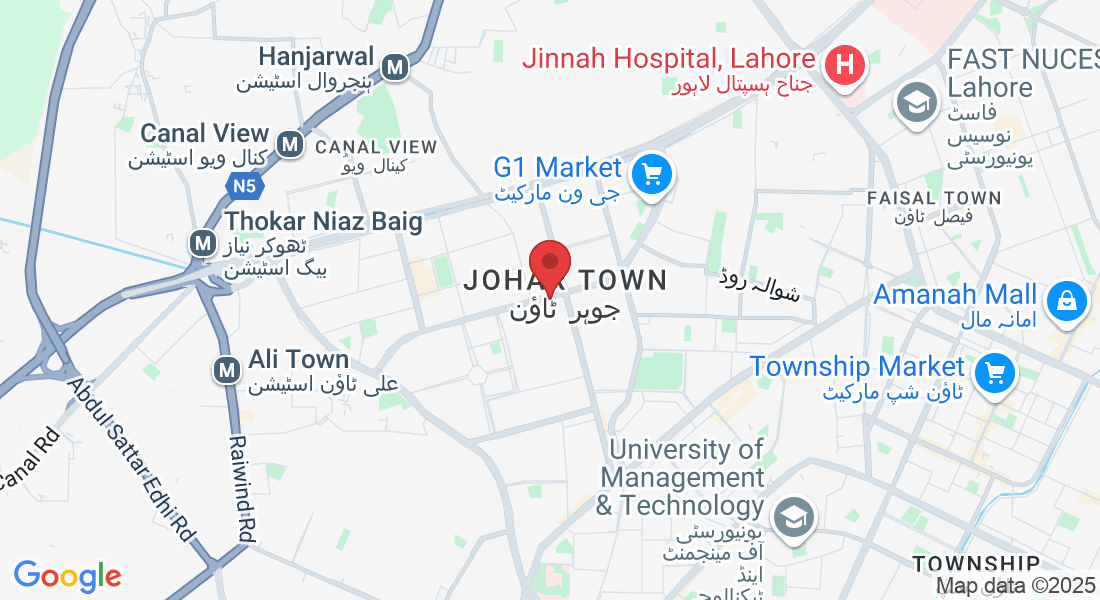HALAL CERTIFICATION
We are offering Halal Certification as per PS 3733-2022 (R) OIC/SMIIC 1:2019
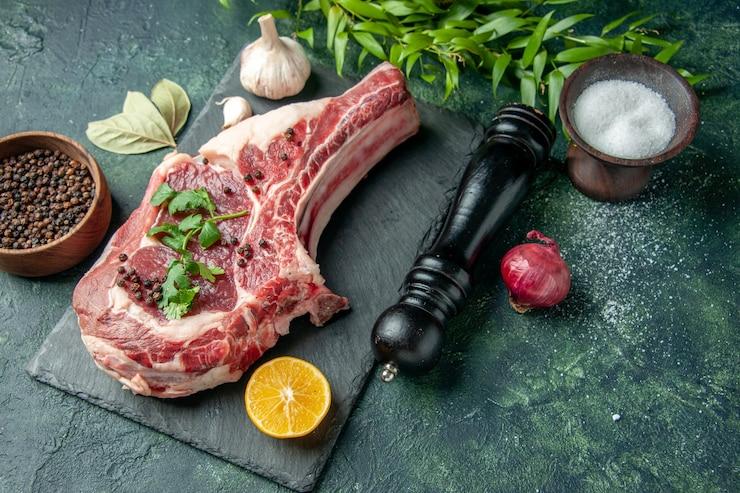
Halal Certification Overview
Halal Certification Based on PS:3733-2022 (R) | OIC/SMIIC 1:2019 (MOD) At Gitchia Institute of Global Certification, we issue Halal certifications based on the globally recognize Pakistan Standard PS:3733-2022 (R) which is a modified adoption of the OIC/SMIIC 1:2019
standard.
This comprehensive standard outlines:
The general requirements for Halal products including food and non-food items
Criteria for ingredient sourcing, processing, packaging, labeling, storage, and transportation
Emphasis on Shariah compliance in all aspects of the supply chain
Industries Where Halal Certification Applies
The scope of Halal certification is not limited to food. It spans across multiple industries to ensure compliance from production to consumption:
Nutraceuticals
Cosmetics and Personal Care
Processed Food & Ingredients
Animal Feeds
Tourism & Hospitality
Packaging Materials
Cleaning Agents
Pharmaceuticals
Beverages
Meat and Poultry Abattoirs
Nutraceuticals
Food Service Establishments
Industry-wise Halal Application & Benefits
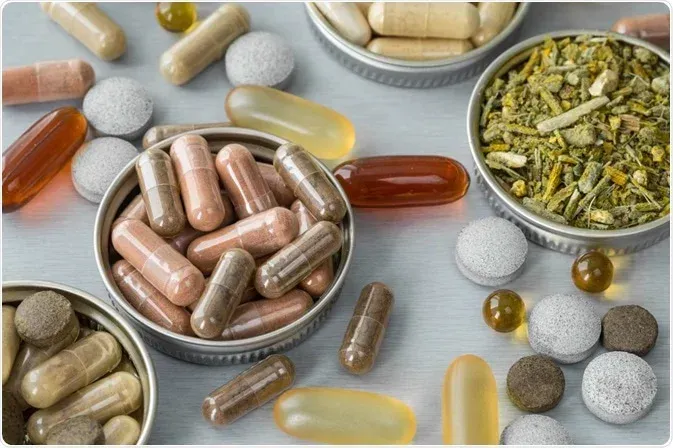
Nutraceutical
Halal certification ensures that dietary supplements, vitamins, and functional foods are free from non-Halal ingredients like gelatin, alcohol, or animal-based enzymes.
Benefits
Access to Muslim health-conscious markets
Trust in product integrity
Compliance with export requirements
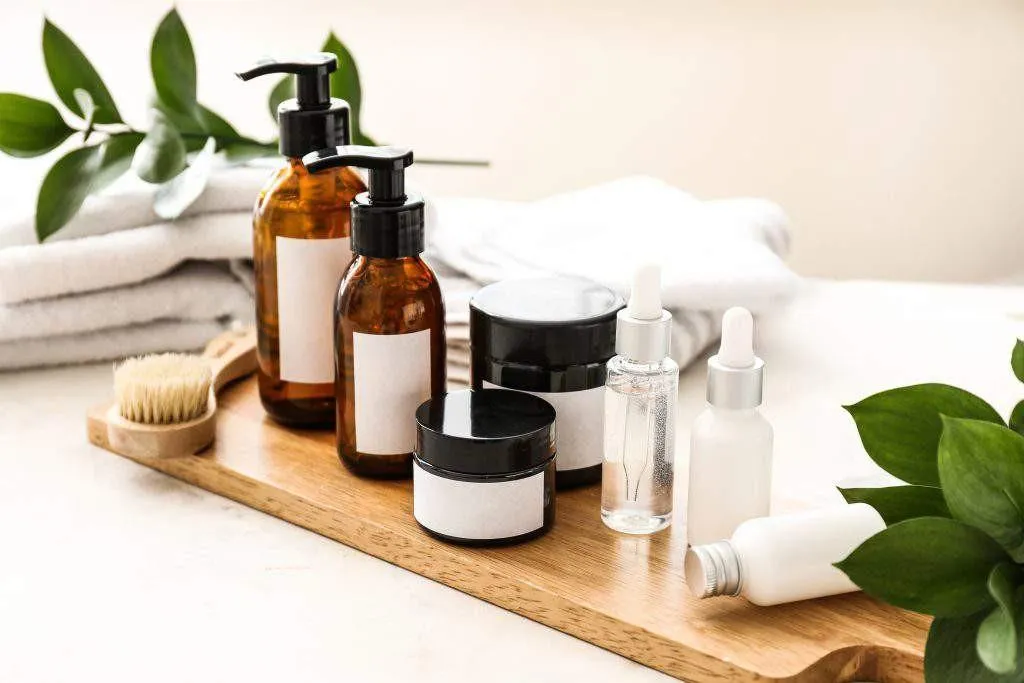
Cosmetics and Personal Care
Covers skincare, makeup, and toiletries. Ingredients like alcohol or animal fat are strictly monitored.
Benefits
Boosts brand credibility
Appeals to ethical and vegan buyers
Meets import regulations in Muslim countries
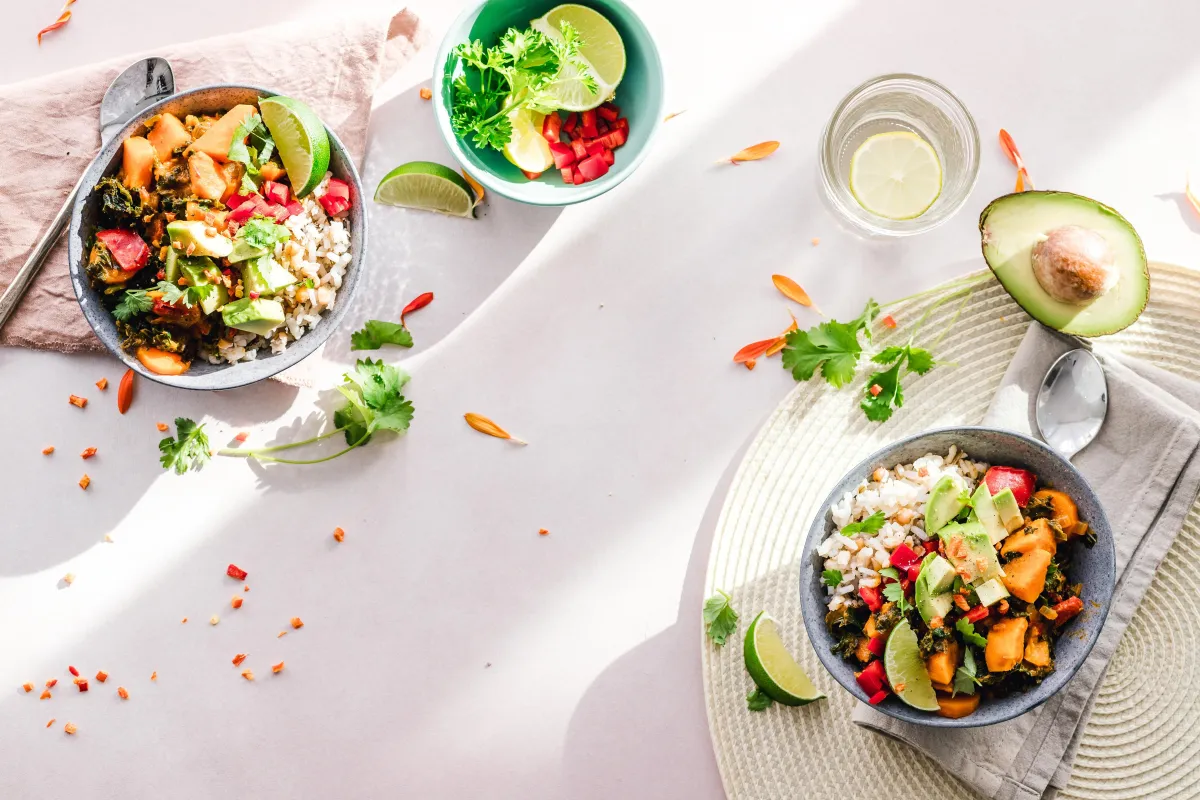
Processed Food & Ingredients
Ensures ingredients and additives (e.g., E-numbers, emulsifiers) comply with Halal standards.
Benefits
Export potential to OIC countries
Consumer confidence
Differentiation in a competitive market
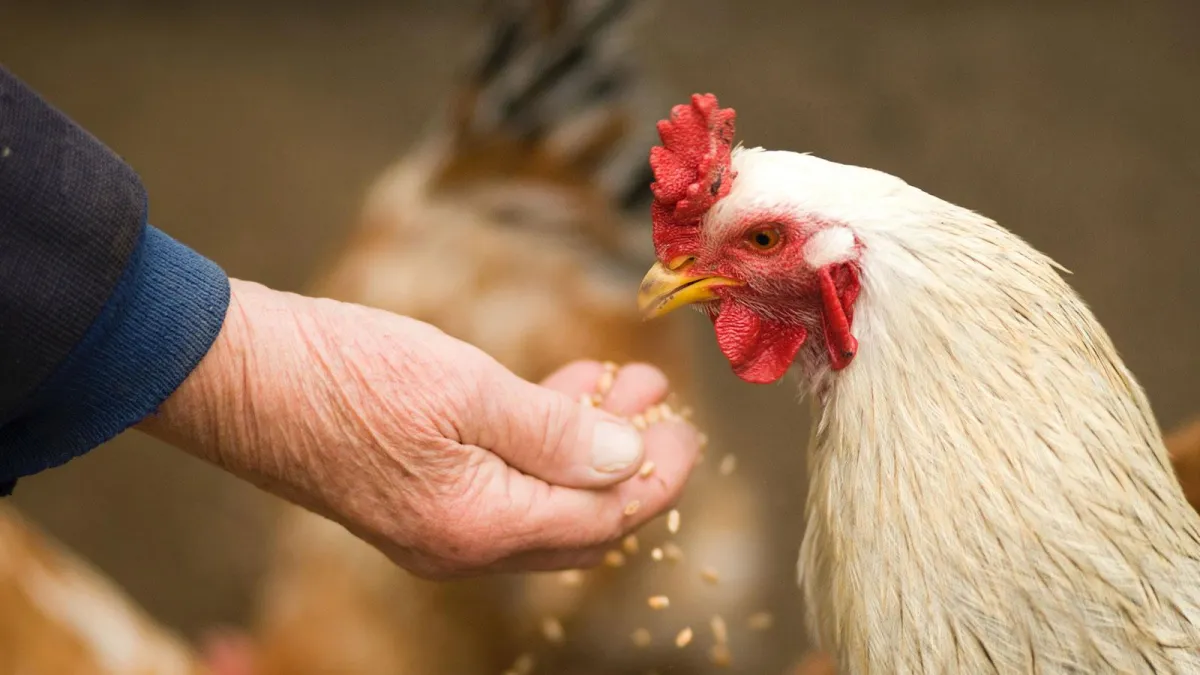
Animal Feeds
Ensures feed ingredients are Halal and safe for animals meant for human consumption.
Benefits
Supports Halal integrity of livestock
Ensures quality and hygiene in animal production
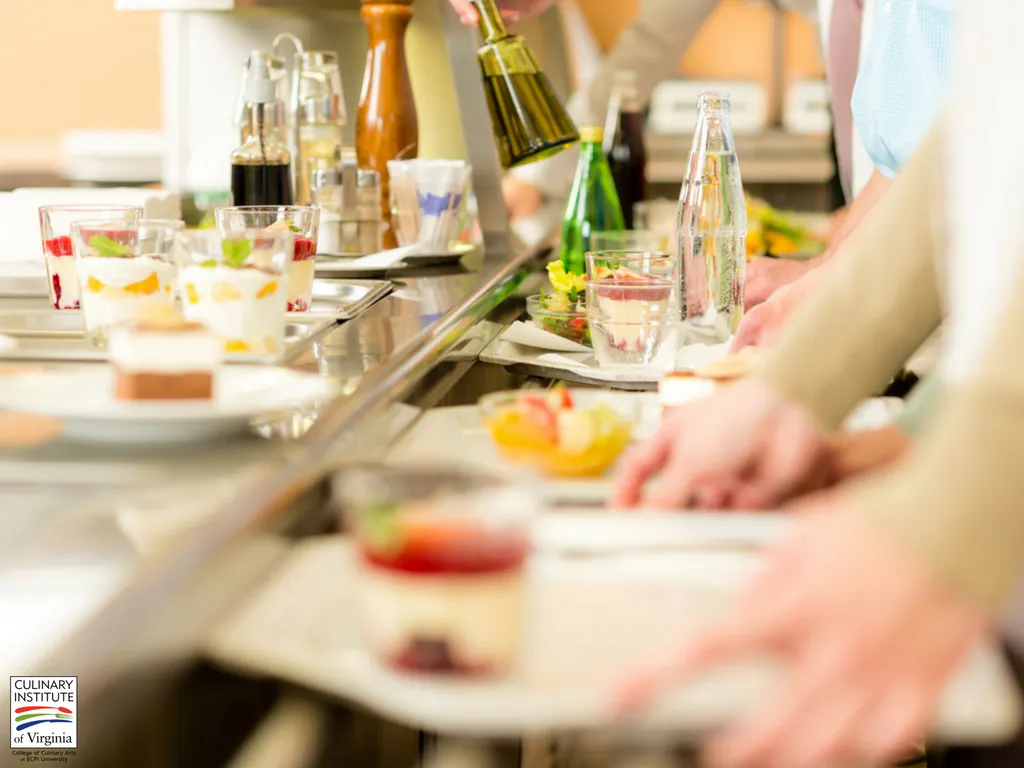
Tourism & Hospitality
Covers hotels, restaurants, and travel agencies—ensuring Halal food, prayer facilities, and alcohol-free environments.
Benefits
Attracts Muslim tourists
Increases occupancy and brand trust

Packaging Materials
Ensures that food-contact packaging doesn’t contaminate Halal products (e.g., adhesives, inks, or recycled material).
Benefits
Guarantees packaging safety
Maintains full Halal chain integrity

Cleaning Agents
Covers sanitizers, detergents, and disinfectants used in Halal-certified facilities.
Benefits
Assures no cross-contamination
Protects product purity
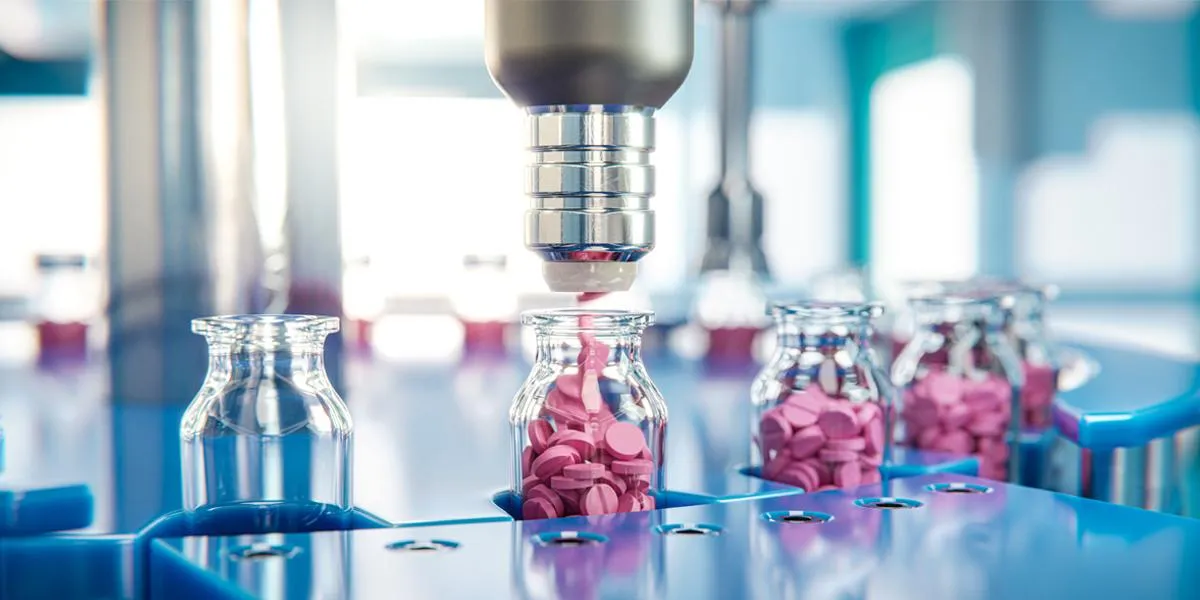
Pharmaceuticals
Includes drugs, vaccines, and other medicinal products—evaluating excipients, capsules, and production aids.
Benefits
Market access to Muslim-majority countries
Builds trust in medicine origin
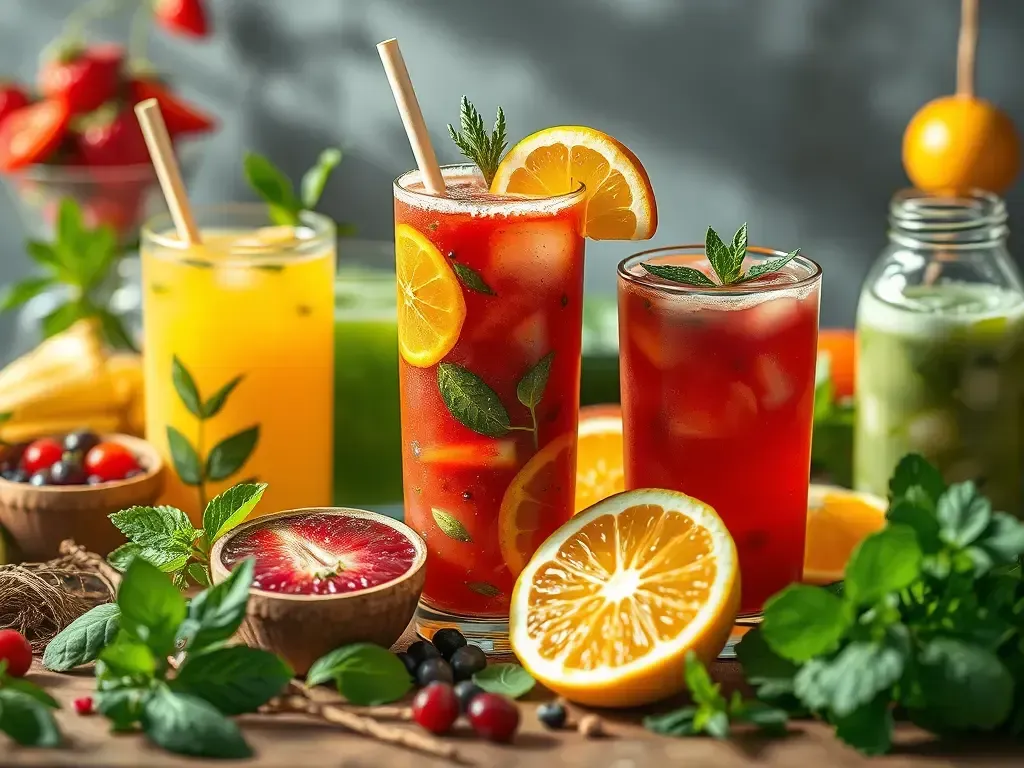
Beverages
Covers juices, soft drinks, teas, and other liquids ensuring no alcohol or prohibited ingredients are used.
Benefits
Confidence in purity
Access to beverage export markets
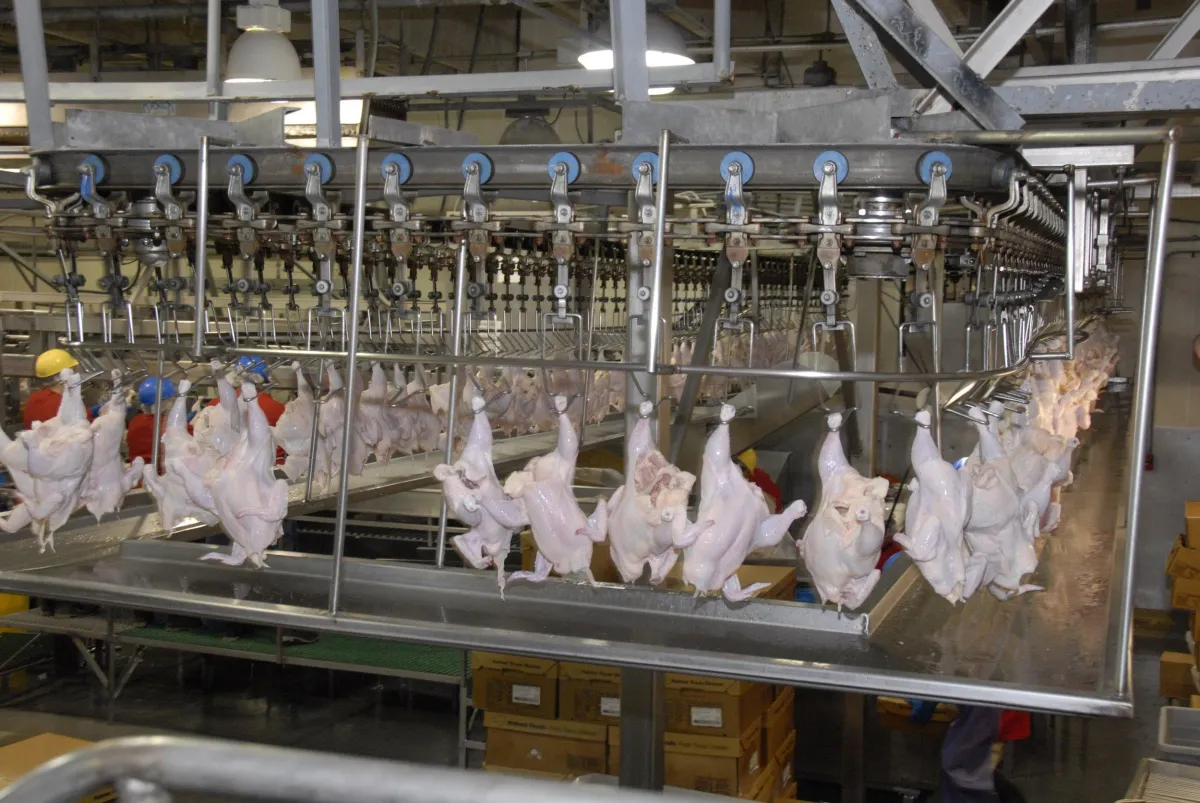
Meat and Poultry Abattoirs
Ensures animals are slaughtered according to Islamic rites, with no stunning (unless allowed) and no cross-contamination.
Benefits
Vital for global Halal meat exports
Essential for Muslim consumer trust

Food Service Establishments
Restaurants, cafes, and catering companies offering Halal meals, utensils, and kitchen processes.
Benefits
Preferred by Muslim clientele
Adds authenticity and trust
FAQS
What is the significance of the PS:3733-2022 (R) and OIC/SMIIC 1:2019 (MOD) standards in Halal certification?
The PS:3733-2022 (R) is Pakistan’s national Halal standard, harmonized with the international OIC/SMIIC 1:2019 guidelines. These standards ensure that products and services are in complete compliance with Islamic dietary and ethical requirements. Adhering to these standards enhances product acceptance in both domestic and international Muslim markets.
Why is Halal certification important for non-food industries like cosmetics and pharmaceuticals?
Halal certification goes beyond food. Many non-food products, such as cosmetics and pharmaceuticals, contain animal-derived or alcohol-based ingredients. Certification ensures these products are free from prohibited substances, meeting the expectations of Muslim consumers and opening doors to Halal-regulated global markets
Can a company from any industry apply for Halal certification?
Yes, any company whether involved in food production, personal care, pharmaceuticals, packaging, or even tourism can apply for Halal certification if they meet the relevant Halal standards. Our certification body assesses each application based on the applicable criteria for that industry.
